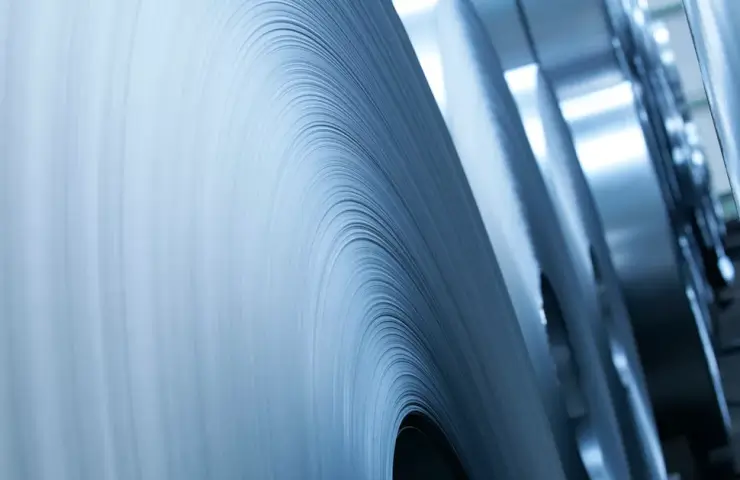Steelmakers, particularly electric arc furnace (EAF) smelters in Italy and Spain, have suspended steel production in recent weeks due to soaring energy prices. Many continued rolling operations using the blank. Meanwhile, a strike by transport workers in Spain led to a reduction in production at several enterprises that consume rolled metal.
Steelmakers across Europe are adjusting their shift schedules to avoid melting steel at times of the day when energy costs are at their peak.
Some integrated factories assume they have enough stocks of raw materials to meet their immediate needs. However, there are serious concerns about the ability of factories to get enough raw materials in the coming months.
Local steel supply is expected to decline in the second quarter as mills cut production due to high energy prices and reduced availability of raw materials. This will put upward pressure on steel prices. Delivery times are likely to increase and the number of new customers will increase significantly.
Material availability is also expected to decrease for steel products such as sheets, pipes and hollow sections. Their prices are currently growing rapidly.
Supplies from Russia, Ukraine and Belarus
Steel from the above three countries is a key part of the European supply chain. Russia, Ukraine and Belarus account for nearly a quarter of EU and UK finished steel imports and 80 percent of the region's semi-finished steel imports.
Russia
On March 15, the EU announced that banned the import from Russia of "key goods in the iron and steel industry". Russia is the largest foreign supplier of commercial steel and hot-rolled coil/plate in the region, accounting for 30% and 21% of imports of these products, respectively. In addition, it is the second largest supplier of rebar, thick rolled products and wire rod with a share of 15 to 18 percent.
From 1 April, the European Commission will proportionately reallocate any country-specific tariff quotas previously applied to Russia and Belarus to other countries subject to safeguard measures. The revised allocations will be based on import statistics for 2021. Also, UK applied an additional 35 percent tariff on top of any existing rate on all iron and steel products from Russia and Belarus.
The EC has provided conditions for customers with previously concluded contracts with Russian and Belarusian factories. However, even with a transitional period, obtaining materials is likely to be difficult for a variety of financial and logistical reasons.
Payments are difficult due to banking restrictions. Many transport companies are unwilling or unable to deal with Russian steel suppliers due to lack of ships and difficulties with insurance. Moreover, a large number of customers want to avoid the risk associated with buying goods from businesses in Russia, and many companies are under pressure to remove Russian-origin materials from their supply chains.
Ukraine
Steel production in Ukraine is directly affected by the conflict. The largest domestic steel producers have suspended production and declared force majeure. It is reported that several small factories continue to operate despite the fighting.
Even if production had continued, it would have been very difficult to supply materials to European customers. Infrastructure has been damaged, key ports have been shut down, and many road and rail transport routes have been declared unsafe due to hostilities.
Ukraine is the largest foreign supplier of hot-rolled sheet to the EU and the UK, accounting for 40 percent of sheet imports in the region. Moreover, Ukrainian plants sell to Europe more than 450,000 tons of rebar, wire rod, structural profiles and commercial steel per year. This is equivalent to approximately 6.5% of the region's annual imports of long products.
Belarus
In early March, the EU banned steel imports from Belarus due to the country's involvement in Russia's invasion of Ukraine.
Belarus is among the top five countries of origin for imports of rebar, wire rod and commercial rolled products to the EU and the UK. Its shares in imports of these products in 2021 were approximately 14 percent, 10 percent




